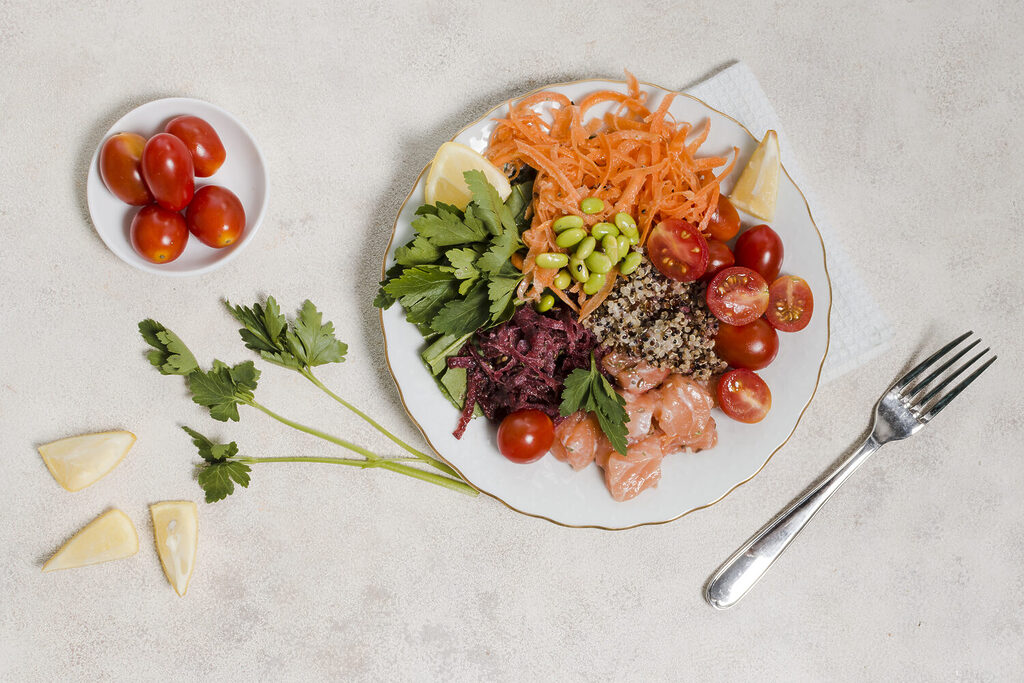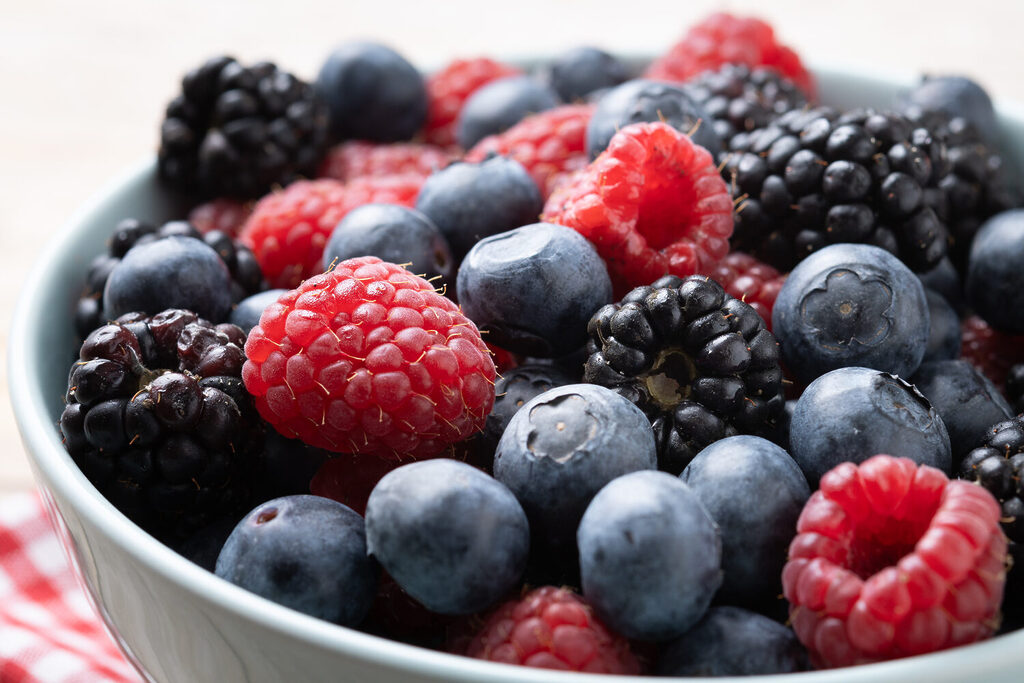Ever wondered how non-traditional work schedules, such as night shifts, can affect the nutrition of employees such as firefighters, technicians and nurses ?
Recently, Radio-Canada journalist Denis Duchesne, interviewed me on this topic. To listen to the radio interview, please click on this link, or feel free to read my written summary:
When we work during the day, we typically eat breakfast, lunch, a snack (if we’re hungry), and supper. Preparing these meals and trying to focus on eating a balanced diet during traditional 9-to-5 hours is not always easy, imagine the challenges faced by shift workers?
Our bodies naturally follow a daytime circadian rhythm, working at night disrupts this circadian rhythm, which can, among other things, slow down digestion and disrupt appetite.
This may lead people who work flexible schedules, (such as night shifts), to develop different eating habits to compensate for lack of sleep, drowsiness, and difficulty digesting food.
HERE ARE 3 NUTRITIONAL CHALLENGES THAT ARE LIKELY TO APPEAR AMONGST PEOPLE WORKING NIGHT SHIFTS:
- Skipping breakfast (because you are tired and want to sleep after finishing your night shift).
- Eating sugary foods (to try to compensate for the lack of energy).
- Drinking caffeinated beverages (to counteract drowsiness and stay awake at night).
THESE NUTRITIONAL CHALLENGES COULD LEAD TO HEALTH CONSEQUENCES, SUCH AS:
- Digestive problems: acid reflux, bloating, constipation
- Risk of diabetes, obesity, cardiovascular diseases such as high blood pressure or cholesterol
- Chronic fatigue and decreased alertness
- Eating alone during meals
HERE ARE 4 SOLUTIONS WHICH CAN IMPROVE QUALITY OF LIFE:
- Eat breakfast after work: Even if you’re tired, it’s better to eat a light breakfast (whole grains cereal or bread, fruit, nuts) than to skip it altogether.
- Eat before work: For example, if your shift starts at midnight, it’s best to have lunch when you wake up, around 3 p.m.; then have dinner with your family around 7 p.m. (an idea for a balanced meal: poultry, lean meat, or fish, accompanying vegetables and potatoes).
- Avoid sugar at night: Sugary foods and drinks (chocolate bars, energy drinks, sodas) give you a spike of energy followed by increased fatigue. It’s better to prepare healthy snacks such as yogurt, fruit and granola, which will help you feel energized for a couple of hours.
- Drink plenty of water: Proper hydration reduces fatigue and the temptation to consume coffee or energy drinks.
CONCLUSION:
In summary, to eat well during a night shift, it is best to focus on balance nutrition and regular meals, avoid sweets, stay well hydrated, and maintain a stable routine as much as possible by eating at least one meal a day with family, friends, or colleagues.



